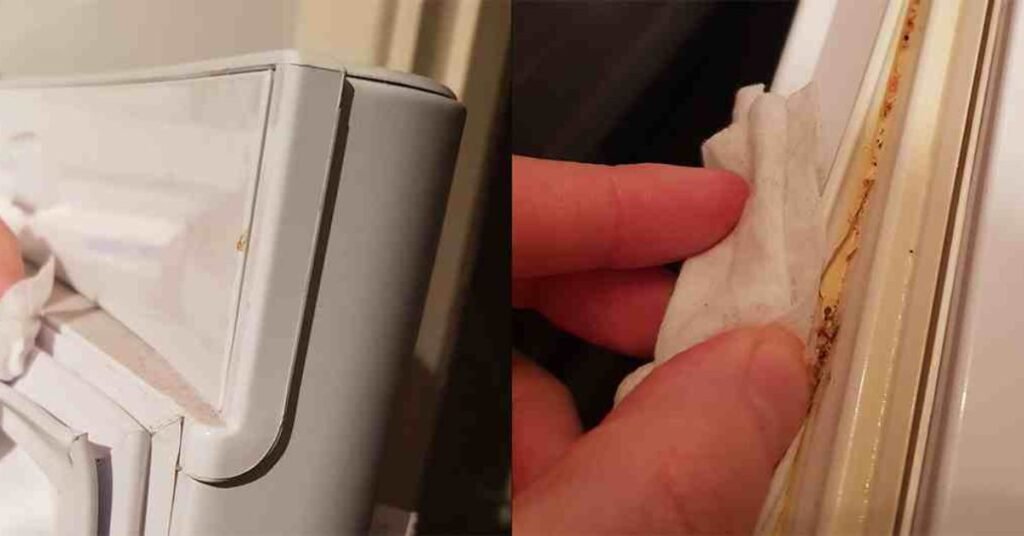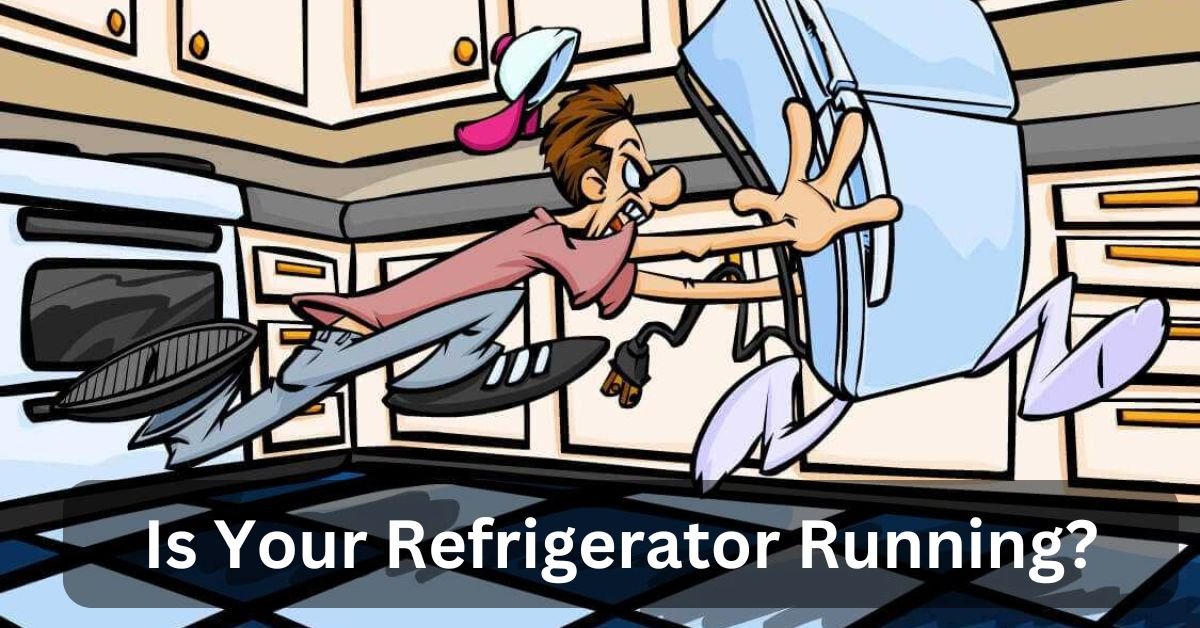It’s a clean, humorous story that frequently catches the unsuspecting recipient off shield. The prank is going something like this: the caller asks, Is your fridge strolling?
Yes, it’s far taking walks—higher cross lures it!
This article will delve into the origins of the prank, find out why fridge upkeep is vital, and provide guidelines on maintaining your fridge in pinnacle form.
The History of the Prank:
The “Is your refrigerator going for walks?” prank name is a staple within the global of practical jokes. It received a reputation in the mid-20th century while phones have become not unusual in families.
This prank, like many others, is predicated on the detail of wonder and the benign absurdity of the state of affairs. It’s an innocent, shaggy canine story that has persisted through generations, demonstrating the timeless nature of clean humor.
Beyond the Prank: Understanding Your Refrigerator:
While the prank is all in suit amusing, it does lead to a legitimate query: Is your refrigerator walking nicely? A refrigerator is one of the most vital domestic devices in any home, liable for retaining our food fresh and secure. Ensuring that it runs successfully can prevent coins on energy payments and save you food spoilage. Here are some practical pointers to keep your fridge jogging easily.
Routine Maintenance Tips:
1. Check the Temperature Settings:
Your fridge ought to be set to the right temperature to hold food smooth. Regularly checking and adjusting these settings can save you from going for walks harder than important.
2. Clean the Coils:
Dust and particles can gather on the condenser coils, making your fridge paintings extra challenging to chill out. It’s endorsed to smooth the coils every six months. You can discover the coils both on the refrigerator or under the refrigerator. Use a vacuum cleaner or a coil brush to eliminate any buildup.
3. Inspect the Door Seals:

The door seals (gaskets) have to be hermetic to maintain bloodless air in and warmth air out. Check for cracks or tears and ease them often with an aggregate of baking soda and water. If the seals are broken, they want to be replaced to preserve efficiency.
4. Defrost the Freezer:
If your freezer does not have a car-defrost characteristic, you will want to defrost it whilst ice buildup will become great manually. Thick ice layers can lessen the freezer’s performance and storage place. Defrosting once or twice a yr needs to suffice.
Also Read: Can Refrigerators Get Wet?-What You Should Know
Energy Efficiency Tips:
1. Keep It Full, But Not Overloaded:
A whole fridge maintains cold better than an empty one. However, overloading is able to restrict airflow and pressure the fridge to work extra difficult. Maintain stability by organizing objects effectively and no longer blocking air vents.
2. Allow Hot Foods to Cool:
Placing heat meals immediately into the refrigerator can enhance the internal temperature, making the equipment artwork more difficult to calm down. Let warm food cool to room temperature before refrigerating them.
3. Use Energy-Saving Features:

Many present-day refrigerators include electricity-saving modes. Utilize those abilities to lessen strength intake, mainly whilst you are away from domestic for an extended period.
4. Replace Old Models:
If your fridge is more than 10-15 years old, it is probably time not to remember an alternative. Modern refrigerators are greater energy-efficient and include advanced abilities that could save you money ultimately.
Also Read: How Long Will Tamales Keep In The Refrigerator?-Complete Guide
Signs Your Refrigerator Needs Professional Help:
Even with regular protection, refrigerators can develop issues that require expert interest. Here are some symptoms that propose it’s time to call a technician:
1. Strange Noises:
Unusual seems like buzzing, clicking, or hissing can suggest issues with the compressor, enthusiasts, or other components.
2. Excessive Condensation:
A broken door seal or a problem with the defrost machine could be the cause of water droplets or frost in the fridge.
3. Inconsistent Temperatures:
There may be a problem with the airflow or the temperature controls in your refrigerator if some areas are too cold and others are too warm.
4. High Energy Bills:
A surprising spike in your energy bills may indicate that your fridge is only sometimes on foot successfully and may want servicing.
Fun Facts About Refrigerators:
To wrap up, permit’s have a look at a few exciting records about fridges:
1. Ancient Refrigeration:

Before present-day fridges, people used ice houses and ice boxes to keep meals cool. Ice became harvested in the iciness and stored in insulated houses for use at some stage in the three hundred and sixty five days.
2. First Electric Refrigerator:
The first electric powered refrigerator for home use emerged as delivered in 1913. It grew to be called the “Domelre” (quick for Domestic Electric refrigerators) and became a massive advancement in food preservation.
3. Modern Innovations:
Today’s fridges consist of diverse, brilliant skills, together with contact monitors, net connectivity, and strength-efficient technology. Some models even permit you to control the temperature remotely through a telephone app.
Also Read: Microwave And Fridge On Same Circuit-What You Need To Know
FAQ’s:
1. How do I understand if my refrigerator is going for walks?
When working well, your refrigerator must make a gentle humming noise. If you ignore the compressor cycling on and stale, it could imply there’s a problem in order to affect its cooling.
2. Should I concentrate on jogging in my refrigerator?
A well-running fridge is generally very quiet. Noises are commonly due to a few components hitting a fan blade or a vibration.
3. Should we transfer the refrigerator every day?
The temperature of a fridge desires to be maintained at a particular stage, and in case you unplug it, the temperature internally appreciably changes, leading to many issues.
4. Why is my fridge no longer walking?
There are several causes for a fridge that does not cool, which incorporates grimy condenser coils, poor air drift, wrong installation, defective or dirty gasket seals, unorganized food garages, appliance regions and malfunctioning inner elements.
Conclusion:
While the “Is your refrigerator running?” prank is probably a straightforward comic story, it serves as an amusing reminder to be aware of the protection and overall performance of one of the most essential home devices in our homes.
By following the suggestions mentioned above, you can ensure that your fridge runs effortlessly, saves electricity, and continues your food smoothly. So, the subsequent time someone asks in case your refrigerator is running, you may, with a bit of luck, say, “Yes, and it is running flawlessly!”

